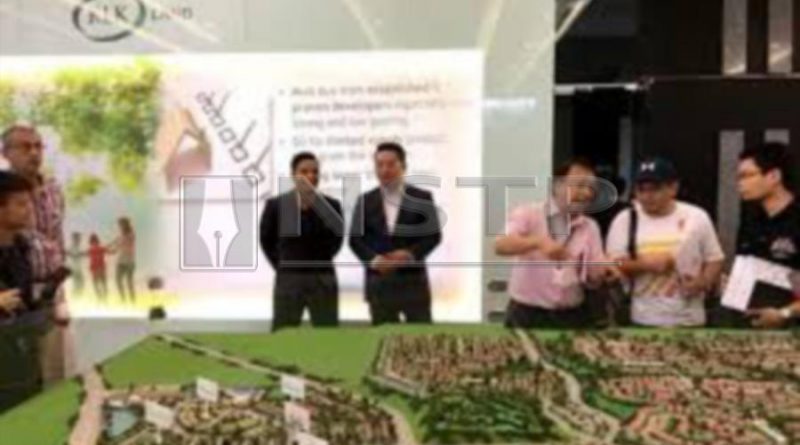KLK has potential to become top developer
KUALA LUMPUR: Plantation-based Kuala Lumpur Kepong Bhd (KLK) has what it takes to morph into a top property developer, standing alongside the likes of SP Setia Bhd, Sime Darby Property Bhd, Gamuda Bhd and Eco World Group Development Bhd.
Analysts said KLK has large tract of land near the city, good balance sheet and the expertise of executive director David Tan who helped turn IOI Corp into a top Malaysian developer.
This would provide a boost to the company’s earnings in the property segment when the market turned more positive, they added.
Analysts also see positive prospects for KLK’s plantation segment in the long term.
Bloomberg’s research arm Bloomberg Intelligence said KLK has a large land bank in addition to the 2,371 hectares it holds as development land.
The research firm said KLK owns 68,182 hectares of plantation land in West Malaysia as well as 20,106 hectares in Johor and 4,245 hectares in Selangor, some of which is already primed for development.
“KLK’s 1,488-hectare Tuan Mee Estate, which is still an oil palm plantation, could become an extension to its Bandar Seri Coalfields township development northwest of Kuala Lumpur,” it said.
The development will likely be multi-decade, given its size and distance from the city center, it added.
Bloomberg Intelligence said KLK was pacing its property launches in the current oversupplied market, with a second phase of a new development 50 kilometres northwest of Kuala Lumpur launched in June 2018.
“Malaysian plantation companies are increasingly converting land into townships and KLK’s growing experience means it is unlikely to enter into another joint venture where it only supplies the land, such as Sierramas in 2000,” it said.
KLK’s unbilled sales in property segment was already at RM121 million as of September 30 last year, compared with sales of RM178 in fiscal 2018, boding well for 2019 sales.
Kenanga Research said KLK’s long-term prospects in its core business, plantation, remained positive as management continued its hunt for merger and acquisition targets.
“The group continues to be on the lookout for acquisitions in the upstream segment, with the preference for brownfield oil palm plantations with flat/low-lying land,” it said.
These potential acquisitions, coupled the group’s organic expansion tracks, should support consistent earnings growth over the long term, it added.
However, the research firm does not see any excitement in the near-term given its average production outlook and a competitive environment in the oleochemical segment.
Source : NST

